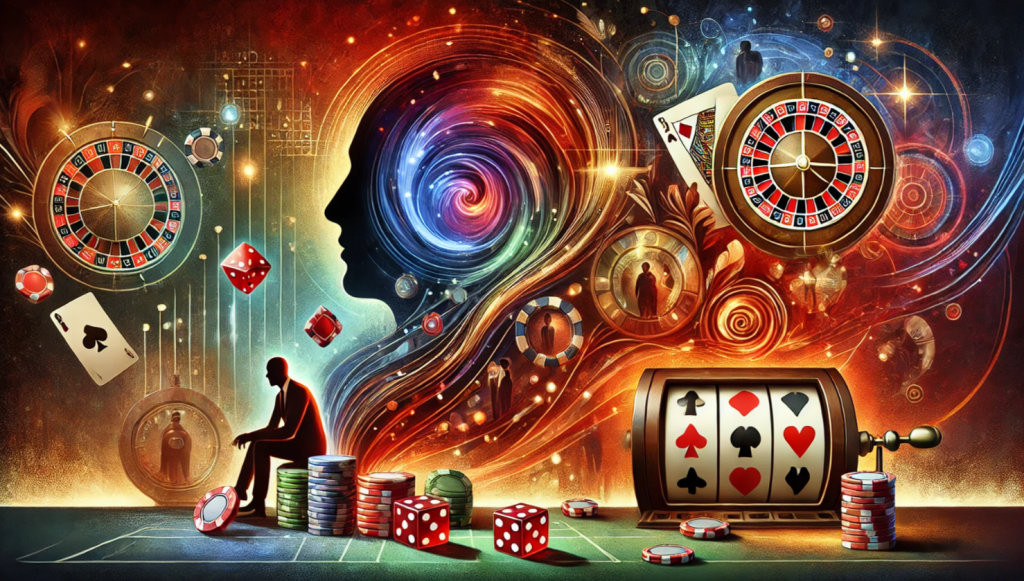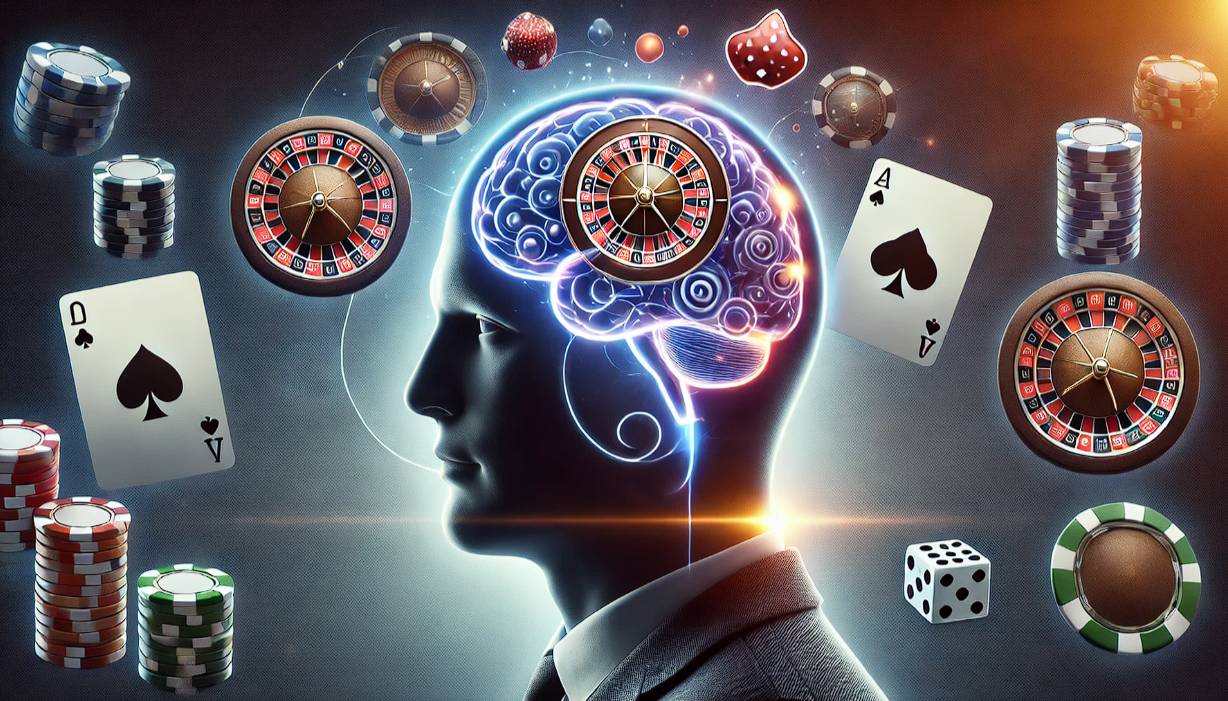Gambling can be an exciting and rewarding activity, but it also comes with inherent risks, particularly the risk of losing control over your impulses. Understanding the psychology behind gambling impulses and learning how to control them is crucial for maintaining a healthy and enjoyable gambling experience. This guide explores the psychological aspects of gambling and provides strategies to help you control your impulses effectively.
- Reward Mechanisms: Gambling activates the brain’s reward system, releasing dopamine, a neurotransmitter associated with pleasure and reward. This release can create a sense of euphoria and reinforce the desire to gamble.
- Uncertainty and Excitement: The unpredictable nature of gambling outcomes contributes to its appeal. The thrill of not knowing whether you will win or lose can be highly stimulating.
- Escape and Coping: For some individuals, gambling serves as a coping mechanism to escape from stress, boredom, or negative emotions. This can lead to increased gambling frequency and potential loss of control.
- Warning Signs: Recognizing the signs of problem gambling is the first step in addressing it. Common signs include:
- Preoccupation: Constantly thinking about gambling and planning the next gambling session.
- Increasing Bets: Needing to gamble with larger amounts of money to achieve the desired excitement.
- Chasing Losses: Attempting to win back losses by gambling more.
- Neglecting Responsibilities: Gambling interferes with work, family, or other responsibilities.

- Financial Limits: Establish a budget for your gambling activities and stick to it. Only gamble with money you can afford to lose.
- Deposit Limits: Set daily, weekly, or monthly deposit limits on your gambling accounts to control your spending.
- Loss Limits: Determine the maximum amount you are willing to lose in a single session and stop gambling once you reach that limit.
- Time Limits: Limit the amount of time you spend gambling to avoid excessive play.
- Session Duration: Set a specific time frame for each gambling session and stick to it.
- Breaks: Take regular breaks between gambling sessions to maintain a healthy balance.
- Stay Calm: Maintain a calm and rational mindset while gambling. Avoid making impulsive decisions based on emotions such as excitement, frustration, or the desire to chase losses.
- Stress Management: Practice stress management techniques, such as deep breathing, meditation, or exercise, to cope with the emotional ups and downs of gambling.
- Professional Help: If you or someone you know is struggling with problem gambling, seek professional help from organizations specializing in gambling addiction.
- Support Groups: Join support groups or forums where you can share experiences and gain insights from others who have overcome gambling issues.
- Education: Educate yourself about the risks and rewards of gambling. Understanding the odds, probabilities, and potential outcomes can help you make more informed decisions.
- Research: Stay informed about the latest trends, strategies, and responsible gambling practices. Knowledge is power when it comes to controlling your gambling impulses.
- Hobbies and Interests: Engage in hobbies and interests outside of gambling to maintain a balanced lifestyle. This can help reduce the urge to gamble excessively.
- Social Interaction: Maintain strong social connections and avoid isolating yourself due to gambling activities. Social support can be crucial in managing gambling impulses.
Controlling your gambling impulses is essential for maintaining a healthy and enjoyable gambling experience. By understanding the psychology behind gambling, setting limits, managing emotions, seeking support, and building healthy habits, you can effectively control your impulses and enjoy gambling responsibly. Always remember that gambling should be a form of entertainment and not a means of making money. If you find yourself struggling with gambling impulses, do not hesitate to seek help and support.
